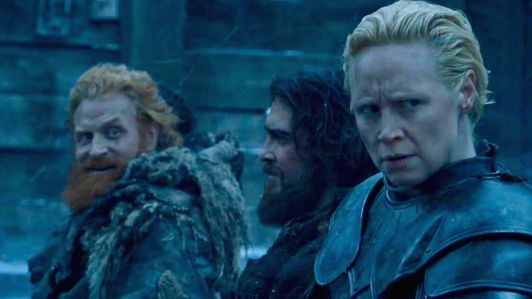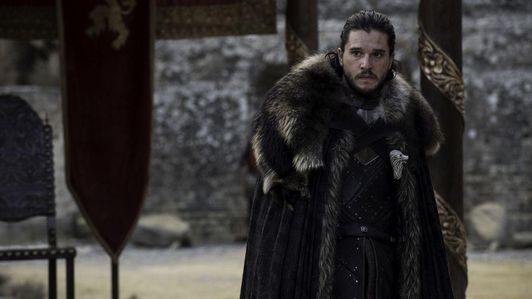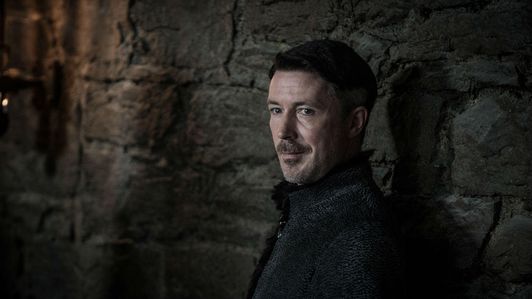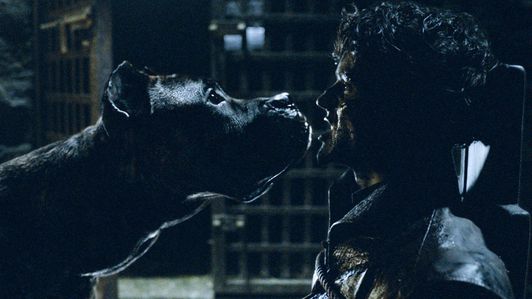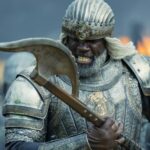Ten years ago, on April 17, 2011, we watched a small crew of men in black cloaks venture north of a magic wall. Grotesque ice monsters killed most of them, but one got away. He managed to make his way to the woods of a northern castle, but he was captured and executed for deserting his post. That’s where millions of people met Ned Stark for the first time.
Game of Thrones was a fixture in the lives of millions of viewers for much of the following decade. Then, two years year ago, we saw the series finally conclude — in controversial fashion. Now, HBO is celebrating 10 years of Game of Thrones by re-airing all eight seasons.
With the story completed (fret not, a prequel and a play are on the way), and with two years of distance from the finale, we can go back and analyze which of its chapters were the best and which were the worst.
A note: Somebody has to come last in every race. Most of the criticisms below come from holding the show to a high standard and comparing Game of Thrones against itself. Game of Thrones is pretty darn great even at the worst of times.
It probably goes without saying, and maybe it doesn’t even matter anymore, but Game of Thrones spoilers below.
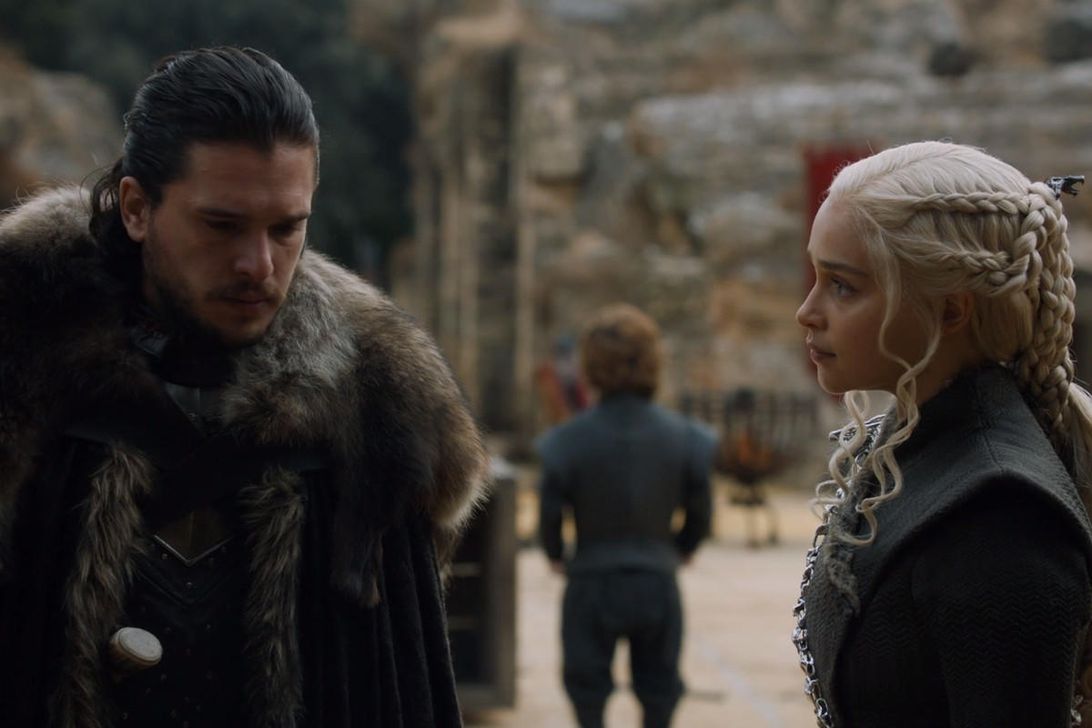
Daenerys Targaryen and Jon Snow in season 7.
HBO
A bad Game of Thrones season is still good TV. Season 7, broadcast a whole lifetime ago in 2017, had some of terrific moments. The problem is the whole season was essentially one moment after another. Too many tent poles, not enough tent.
The season is notorious for playing loose with time and space. Characters travel to and from Winterfell, Dragonstone, The Wall or King’s Landing in a scene or two, when previously such journeys would take at least an episode and often most of a season.
The pace is dizzying, and most of the plots relate to one key character interacting with another key character (Daenerys and Jon, Arya and Sansa, and so on). The effect on storytelling is that the world feels smaller. King’s Landing doesn’t feel like a city anymore, it’s just where Cersei Lannister lives. The point of season 7 is to drive home that the world is in grave danger, so it’s ironic the world feels like less of a character than ever.
There’s a lot to love, though. Arya Stark’s Winterfell return, the death of Littlefinger and Jon meeting Daenerys for the first time are scenes to be YouTubed for years to come. Jon’s exoneration of Theon Greyjoy and the Stark sisters’ commemorating Ned Stark were inspiring, and the whole White Walker dragon thing set the stakes high. Plus, there was the anticipated return of Hot Pie.
Best bits: Arya comes home, Littlefinger dies, Jon meets Daenerys, Jon and Theon, Jaime Lannister finally bails on Cersei. Hot Pie.
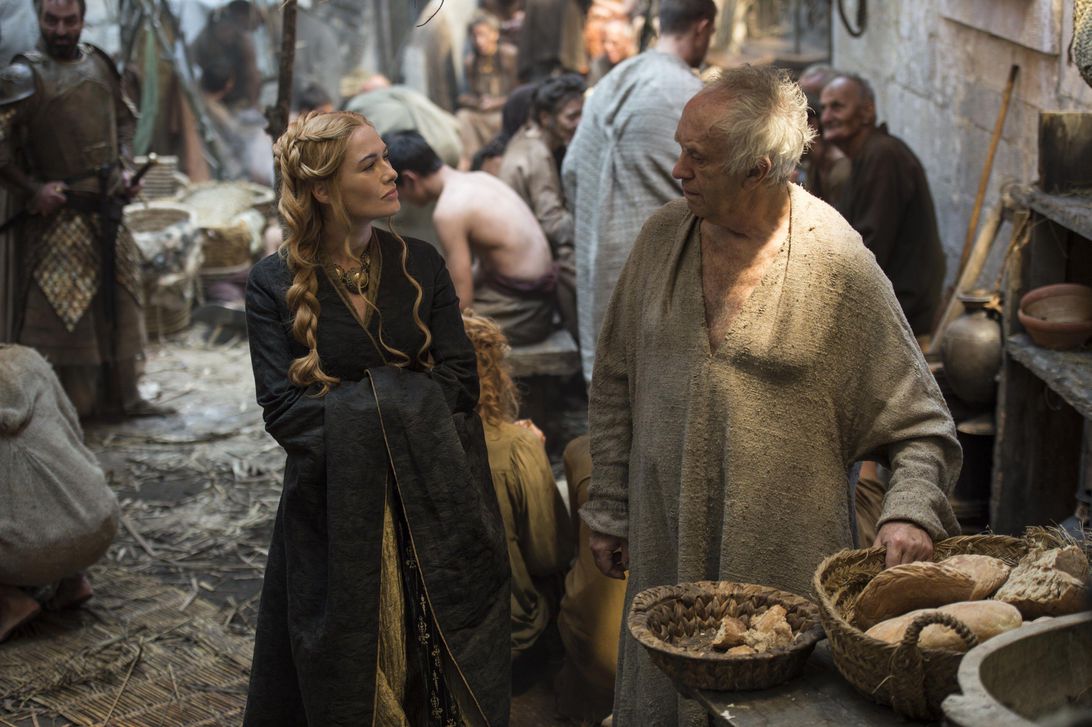
The High Sparrow was just a roadblock for Cersei. An interesting roadblock, but still just a roadblock.
HBO
Season 8 is possibly the most polarizing season in all of Game of Thrones. Over a million people signed a Change.org petition to have it remade, but maybe the backlash was inevitable. Endings are hard.
The final season was like structurally like season 7, in that it was predominantly injured by its pace but kept alive by its key moments. It ranks above season 7, though, because the pace generally isn’t as discombobulating and its key moments generally more satisfying. (Again, generally.)
Brienne becoming Ser Brienne, the last 10 minutes of The Battle of Winterfell, Cleganebowl and the death of Daenerys were all standout, truly great Game of Thrones moments.
Much respect to my president.
HBO
Yet there were issues that were conspicuous to say the least. Jaime going back to Cersei despite Cersei sending Bronn to kill him and Daenerys’ abrupt descent into the Mad Queen were both massive eyebrow raisers. And both were self-inflicted wounds. It felt like D.B. Weiss and David Benioff’s decision to curtail season 7 and 8 into shorter seasons necessitated the fast pace that hamstrung these stories.
How do you end sprawling, high-pedigree show like Game of Thrones? That’s a tough task. Season 8’s problems were significant, but it did enough right to remain deeply engaging TV.
Best bits: The absurdly-good final 10 minutes of The Battle of Winterfell, Ser Brienne, Daenerys’ death, Jaime and Tyrion say goodbye, Cleganebowl.
This season came in hot, as the prior one ended with Tyrion Lannister murdering his father, Tywin. However, despite some highlights like the battle of Hardhome, it didn’t truly capitalize on the momentum of the excellent fourth season. It was more plodding plot than substantial storytelling. (For Game of Thrones, at least.)
Tyrion ends up counseling Daenerys, but the road to getting there isn’t particularly gratifying. Daenerys’ exploits in Essos, as with most seasons, are a low point here with the Sons of the Harpy subplot. It’s actually an above average Daenerys plot, thanks largely to the tense battle that leaves Grey Worm injured and Ser Barristan Selmy dead. But we know Daenerys’ destiny is in Westeros, so Essos monkey business feels inconsequential, particularly this late in the game.
The same can be said for the King’s Landing plot, which has the High Sparrow and his religious cult take over the city. The High Sparrow is a compelling character, but we know he’s a diversion. Cersei’s shaming is legendary, but she was always going to win in the end; the High Sparrow story was hard to get truly invested in because it felt more like a mere roadblock for Cersei. A thoughtful roadblock, but a roadblock nonetheless.
Meanwhile, Jaime and Bronn being buds in Dorne was fun, and Marcella’s death scene, including Jaime’s revelation, was an emotional moment, even if it was hastily built. The rest of the Dornish adventure was a letdown to many fans, however. Arya Stark’s training to become a Faceless Man, mostly consisting of her mopping floors, was OK at best.
As we would see though, that training would pay off in the most spectacular of ways.
Best bits: Tyrion meets Daenerys, Jon gets named Lord Commander of the Night’s Watch, Jon gets murdered by the Night’s Watch, Jaime and Bronn hang out.
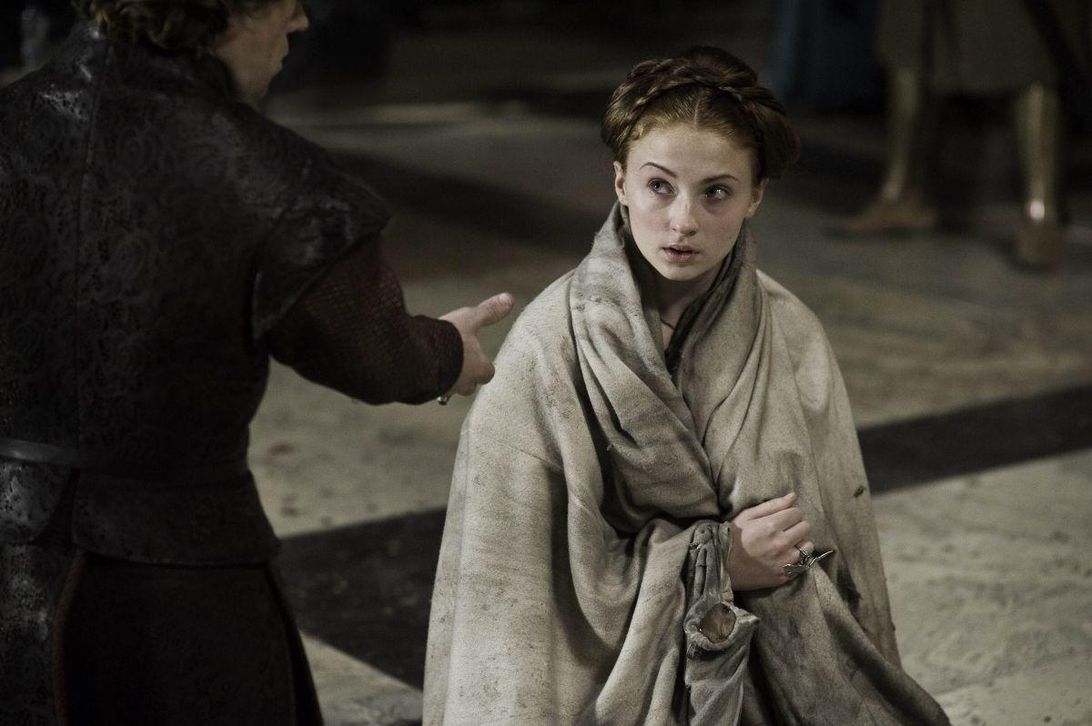



Tyrion thrived as Hand of the King.
HBO
Season 2, like season 5, had a tough act to follow. Game of Thrones lost its leading man, or what we thought was its leading man, in the first season. We were left with the petulant, psychopathic Joffrey and no hero to truly counterbalance him. Rob Stark is cool, but it was hard to bank on a Stark after season 1.
Joffrey Baratheon really is a true villain, though. They say the best antagonists are ones with a legitimate axe to grind, but Joffrey is the exception to that rule. He’s noxious for no good reason. You just can’t wait for him to die. A truly effective bad guy.
The way he interacts with Tyrion, who takes over as Hand of the King, is terrific. Particularly memorable is the scene in which Tyrion protects Sansa from a public beating. And of course, Tyrion’s shining moment was the epic Battle of Blackwater Bay.
Another series highlight is Tywin Lannister using Arya as his cupbearer. Game of Thrones is at its best when it spotlights how life and the people in it are gray, not black-and-white. Even though Arya desperately wanted to kill Tywin, you get the sense these two could have been great buds in another dimension. Speaking of happy alternate realities, season 2 is part one of the tragedy that is Jon and Ygritte.
But the season has its drawbacks. Daenerys’ time in Qarth is a routine buzzkill. The jostling between Stannis and Renly Baratheon is OK, but at this point we’re not invested in either character. Theon’s betrayal of the Starks becomes a key element of the Thrones tale later, but it’s chaotic here.
And that’s really the issue with season 2. It’s quality TV with many stellar elements — and watching it back in retrospect, knowing where everyone ends up, does help. But it’s frenetic, bordering on disorientating. It’s something of a sacrificial lamb in that regard, setting up future seasons for success.
Best bits: Joffrey’s astonishing dislikability. Arya hangs out with Tywin. Tyrion as Hand of the King. Battle of Blackwater Bay. Jon meets Ygritte.
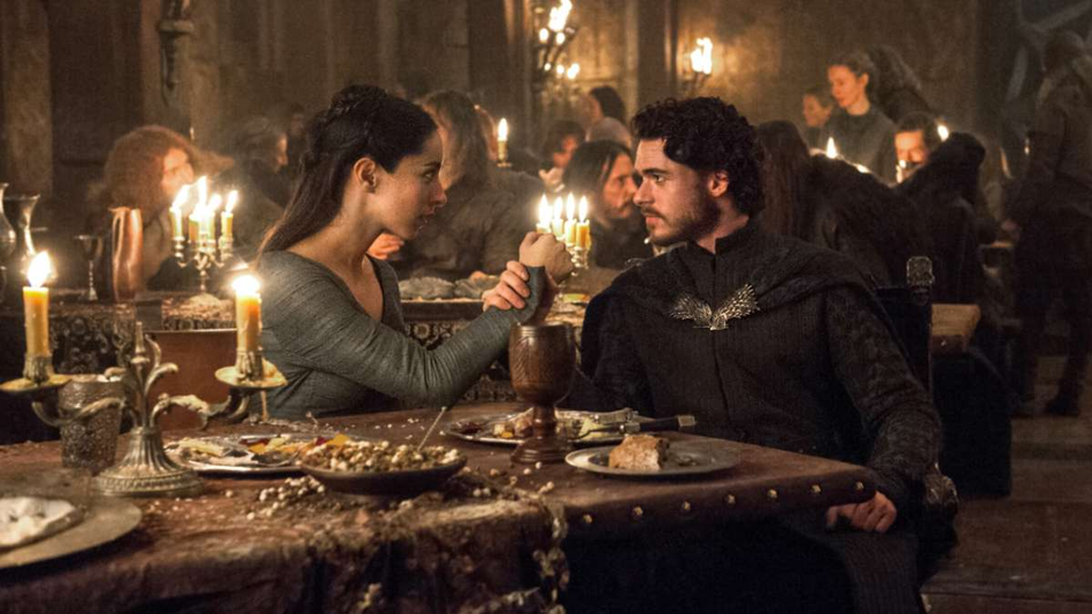



Good vibes only.
HBO
The third season was truly great TV. It’s home to arguably the show’s most infamous scene, The Red Wedding, and what I would argue is its best love story, Jon and Ygritte.
After a flurry of victories against Tywin, Robb’s fortunes reverse in this season. He begins losing momentum and then, after breaking an oath to Walder Frey, loses his life. He and mother Catelyn Stark are betrayed by Roose Bolton, setting the stage for the rise of Ramsay Bolton, one of the show’s better antagonists.
Meanwhile Jon, finding himself alone on the wrong side of the wall in season 2, is forced to become one with the Free Folk. Eat with the Free Folk. Sleep with the Free Folk. Breed with their women, and so on. This leads to a Romeo and Juliet-style conundrum. He falls in love with Ygritte, a Free Folk (Free Person?) who he eventually has to bail on to return to Castle Black. This culminates with a touching scene in the final episode. Ygritte could have killed Jon with her bow and arrow, you see, but chose to only injure him non-fatally. True love.
Back in King’s Landing, Tywin reclaims position of Hand of the King, shirking Tyrion to the ignoble Master of Coin position. Tyrion is forced to marry Sansa, but refuses to consummate the marriage and further traumatise his bride. Like season 2, this season is also propped up by the infinitely hateable Joffrey, who goes out of his way to torture Tyrion (and basically everyone else).
Best bits: The Red Wedding, Jon and Ygritte part two, Jaimie and Brienne of Tarth’s travels, Tywin puts the King to bed.
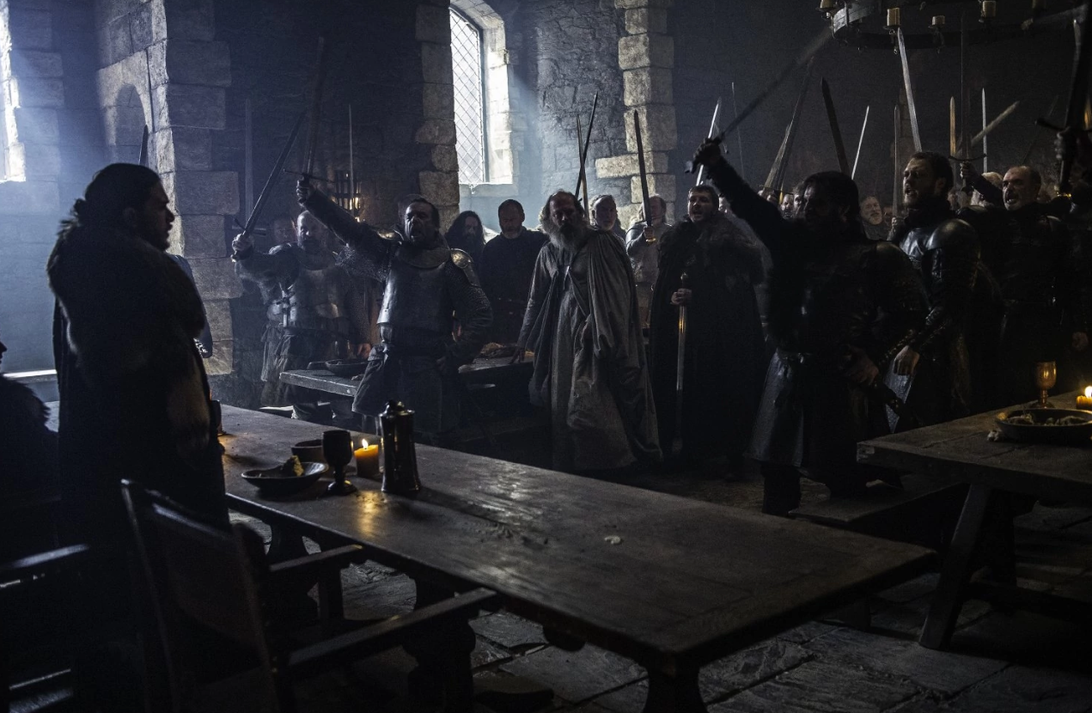



The King in the North.
HBO
Game of Thrones’ sixth season is where Jon became The Man. If season 1 was The Ned Stark Hour, this is the Jon Snow Show.
Three episodes in, Jon gets resurrected by Lady Melisandre. The next episode he hangs his betrayers. Five episodes later he kills Ramsay Bolton in the Battle of the Bastards. The season ends with northern lords naming him the King in the North.
This season also breathed life into Sansa. She became more of an active participant in the story after five seasons of the story happening to her. It’s also where we’re introduced to Lyanna Mormont, one of the Game of Thrones’ best minor characters.
The High Sparrow saga ends in cataclysmic fashion, with Cersei blowing up the high sept. The music played throughout this sequence still haunts my nightmares. (This would serve as a prototype to the last 10 minutes of The Battle of Winterfell which, as mentioned, were awesome.)
Arya’s training, while still average TV, improved over the previous season. We get a lot of Sam Tarly here, which also slows the pace down. Bran’s time with the Three-Eyed Raven is arguably the worst part of the season, but its climax, the famous The Door episode, is an all-time favourite.
Season 6 ends with Cersei crowned Queen, Jon the King in the North and Daenerys finally on her way to Westeros. The dominoes are well and truly falling.
Best bits: Jon is revived, “My watch has ended,” Sansa kills Ramsay, Jon is named King in the North, Jon reunites with Sansa, Cersei mass murders a city. “Hold the door.”
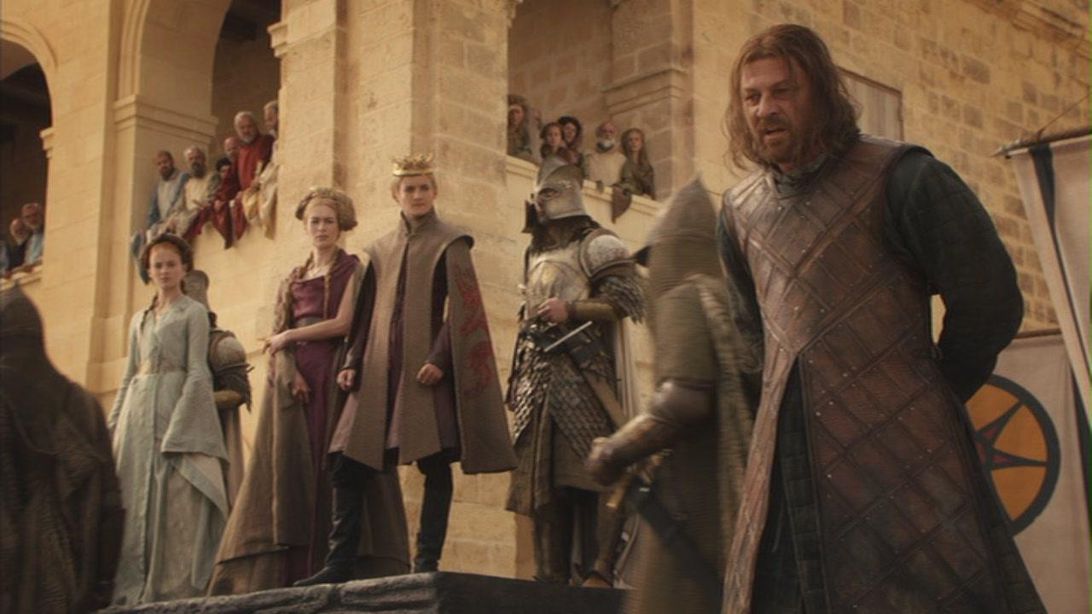



HBO
Oh, Ned. Sweet Ned.
Season 1 of Game of Thrones feels so long ago. A happy, distant dream land. We were all so naive. It’s synonymous with Ned Stark, whose spectre has hovered over the show since, the foundation of poignant moments even six seasons later.
Game of Thrones’ first season is magnificently beguiling. At first you think this is a story about two Lannister siblings going to nefarious ends to cover up their incestuous relationship. You think the hero of this story is Ned Stark. You find out that the Lannister scandal is an important but ultimately minor piece of this puzzle. You find out that this isn’t a story where the good guys always win.
I struggle to think about TV moments I personally found more shocking than Ned’s beheading. The Red Wedding usually gets thrown about as the bigger swerve, but it was Ned’s death that established what Game of Thrones’ was really about. The Red Wedding just cemented it.
The first season also expertly lays seeds that blossom into centerpiece plants in the Game of Thrones garden; Tyrion disciplining Joffrey, the subtle differences in Varys and Littlefinger’s whispers, the dutiful-but-resentful Hound.
Come back to us Ned. We miss you.
Best bits: Ned Stark.
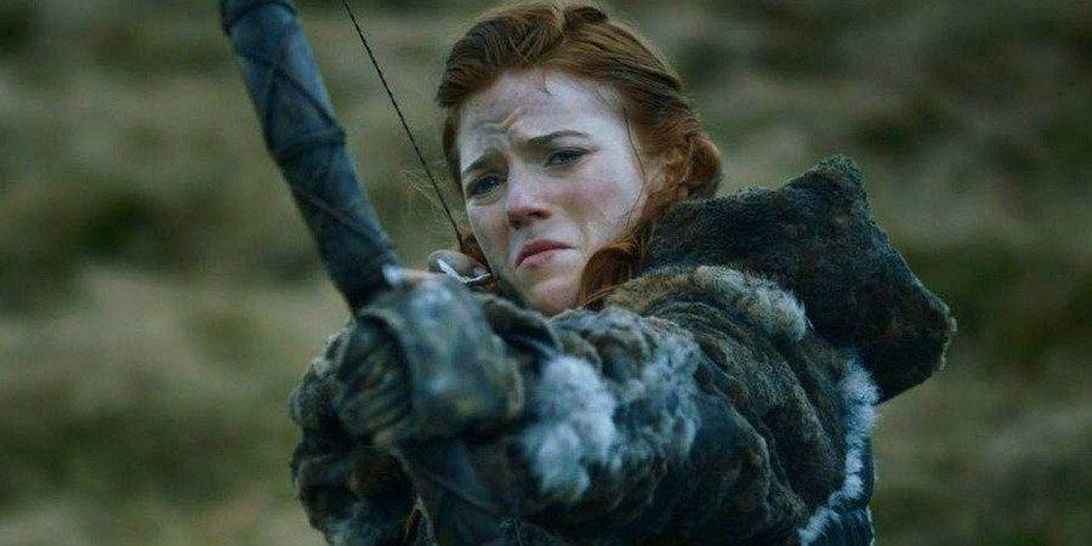



R.I.P.
HBO
Before rewatching all the available Game of Thrones seasons, I was sure the first season was best. Then, one balmy Sunday, I knocked out the entirety of season 4. It was the best day of my life.
Joffrey’s death is its first major moment. It was perfectly timed, being a surprise without feeling either contrived or arbitrary. It was also a sufficiently painful way for such a vile character to die, giving us just the right amount of payoff without feeling gratuitous. Then there’s Tyrion’s trial and his “I will let the Gods decide” speech, which’ll give anyone goosebumps.
The hits keep coming: Bronn’s budding bromance with Jaime Lannister, Jaime’s brotherly love for Tyrion, Oberyn Martell’s fight against The Mountain and of course Tyrion murdering his toilet-strapped father.
This is also where the show’s best unlikely tandem hit their stride: The Hound and Arya. Their semi-friendship provides many memorable scenes, including the brawl with Lannister soldiers where Arya gets Needle back, the touching scene in which The Hound shows Arya how to most efficiently kill a man, and of course the encounter with Brienne of effing Tarth.
The season ended with Tywin’s death and Tyrion’s escape to Essos. But the emotional peak came before; the Free Folk and the Night’s Watch collide in a battle at Castle Black in episode 9. Ygritte dies in Jon’s arms.
No you’re crying.
Best bits: Joffrey dies, Ygritte dies, Tyrion’s speech, Tyrion’s trial by combat, Tyrion killing his dad, Arya and The Hound.



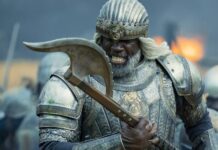

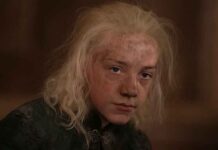














![[Book Review] The Blade Itself (The First Law Trilogy) by Joe Abercrombie](https://bendthekneegot.com/wp-content/uploads/2018/01/1516047103_maxresdefault-218x150.jpg)









